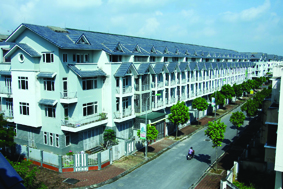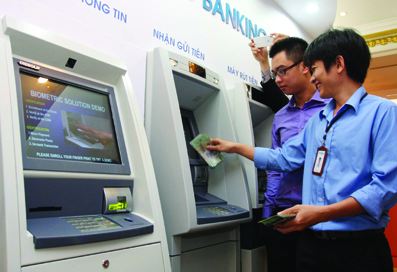Bui Duc Giang, LL.D
Audier and Partners Vietnam LLC
General rules
Concept of future property
Under the 2005 Civil Code, a security interest can attach in a future object (chose in possession) (Article 320) and the mortgaged asset can be a future asset (Article 342.1). Furthermore, Article 4.1 of Decree No. 163/2006/ND-CP dated December 19, 2006 on secured transactions as amended by Decree No.11/2012/ND-CP dated February 22, 2012 (“Decree 163”) goes further by providing that the secured asset[1] may be future property that the law does not prohibit from being traded. Therefore, in principle, it is possible to create security over future property[2]. Article 4 of Decree 163 provides that future property doesn’t comprise land use rights and intends to include (i) property to be acquired from utilization of the loan; (ii) property currently in the phase of being created or currently being created in compliance with the law as at the time of entering into the security transaction; and (iii) property already in existence and falling into the category of assets for which ownership must be registered, but which is only registered in accordance with the law after the time of entering into the secured transaction. Although this definition of future property isn’t susceptible of covering all types of future property, it appears to fit well with an asset attached to land to be erected in the future.
 |
| The new Housing Law allows foreigners to rent and own houses in the country__Tuan Anh/VNA |
More specifically, Land Law No. 45/2013/QH13 dated November 29, 2013 (the Land Law) allows an enterprise, whether domestic or foreign-invested, to mortgage at an onshore credit institution its assets attached to the land that it has obtained from the State by way of allocation or lease (Articles 174.2 (d), 175.1 (b) and 183.2 (b)).
Under Article 174.1 of the Civil Code, an asset attached to land may be inter alia a residential house or a construction work (e.g. a commercial building).
Therefore, it is possible for a bank to take a mortgage over a future building[3]...






